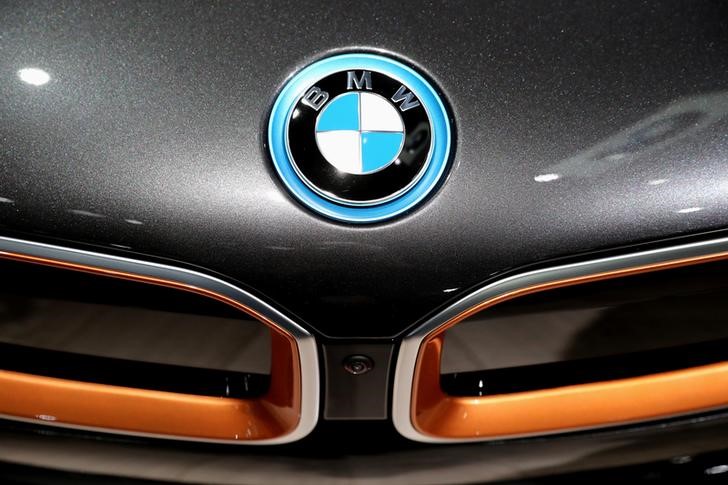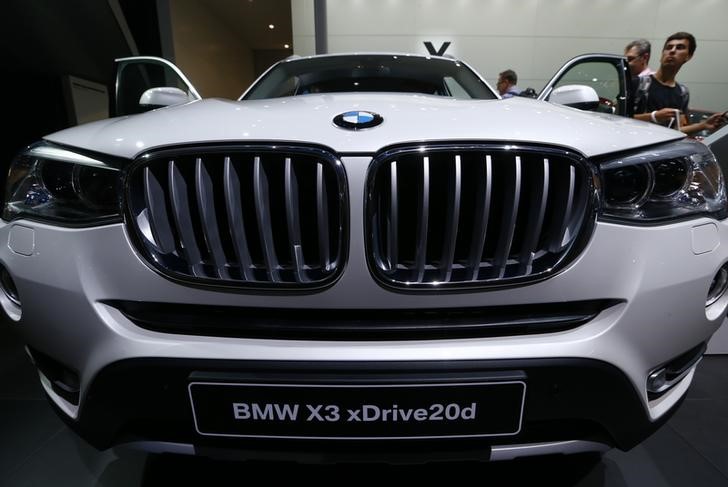By Edward Taylor
FRANKFURT (Reuters) - BMW (DE:BMWG) has delayed the development of its next generation Mini as it seeks to cut costs and as uncertainty over Britain's trade relations with the European Union make long-term investment decisions harder.
The German carmaker has developed three generations of the Mini since buying the marque from Rover Group in 1994, keeping each vehicle in the market for about six years.
The current Mini hatch model, which has been on the market since 2014, is built on the company's technological platform called UKL1.
"The lifespan of this platform has been extended," BMW spokesman Maximilian Schoeberl told Reuters. "For cost reasons and because of Brexit."
Pressure has risen on carmakers to free up resources so they can shoulder hefty investments to build next generation low emission electric, hybrid and connected vehicles.
The combustion-engined city car has suffered as customers migrated toward larger sports utility vehicles and as tightening emissions rules force carmakers to include costly modifications to exhaust systems.
Anti-pollution rules and cost pressure have already forced Opel and Vauxhall to drop the Adam and Karl models from sale. Mini's sales fell 4.1% last year to 346,639 cars and showed an 18% drop in registrations in December.
In March BMW said it would seek 12 billion euros ($13.3 billion) in cost savings and efficiency gains by the end of 2022. To reach its goal BMW is cutting the number of available engine and gearbox combinations by 50% and slashing vehicle development costs.
New vehicle platforms cost around 1 billion euros in research and development costs and are used for around six years, Juergen Pieper, an auto analyst at Metzler told Reuters.
It is for this reason that several carmakers have sought to carry over as many common components into next generation vehicles. Volkswagen's Golf 7 and 8 models share common underpinnings.
BREXIT UNCERTAINTY
The Mini is currently built in Oxford and in Born, the Netherlands, and any next generation car would require investments into the production lines of both factories.
BMW will not make large scale investments until there is greater certainty over the outcome of negotiations between Britain and the European Union over a trade deal.
“If tariffs are in the range of zero and 5 percent, the business case would not dramatically change,” BMW Chief Executive Oliver Zipse said last year, referring to Oxford’s status as a production and export hub for the Mini.
But higher tariffs on exports to and from Britain may force BMW to consider shifting more production to the Netherlands.
BMW produced 211,660 cars in the Netherlands in 2018, a 39 percent increase from 2017. BMW uses contract manufacturer VDL Nedcar to build the BMW X1, the Mini hatch, Mini convertible and Mini countryman models at its Dutch plant.
BMW's plant in Oxford made 234,501 Minis in 2018.

